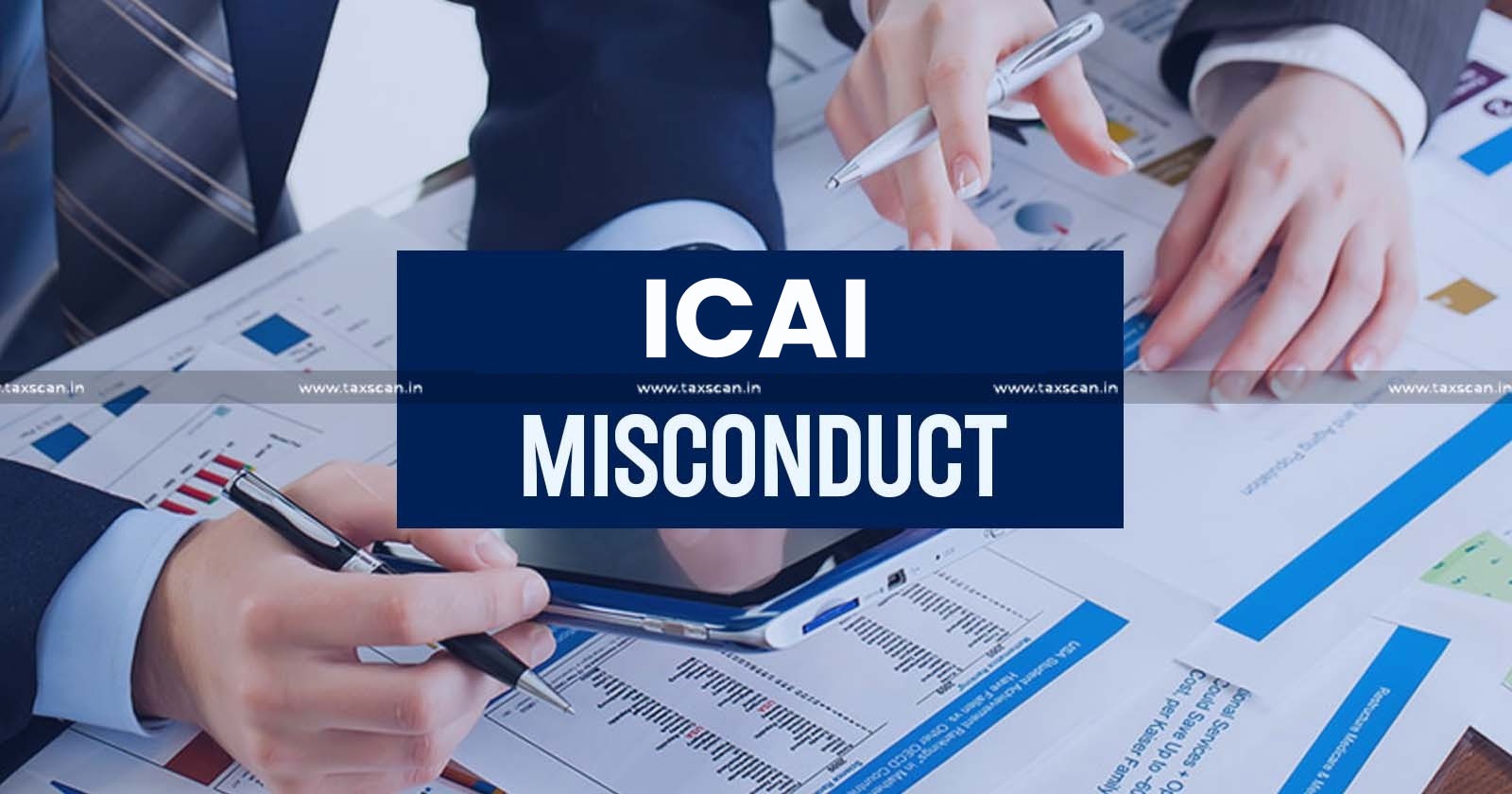@JUDGMENTTAG-ORDER
L. Narasimha Reddy, J.@mdashThe 1st respondent (for short ''the respondent'') was initially appointed as Customs Appraiser in the Department of Customs and Central Excise and, thereafter, he was promoted as Assistant Commissioner in the year 1996 and Deputy Commissioner in the year 2003. He became due for promotion to the post of Joint Commissioner. However, on the ground that disciplinary proceedings were pending against him in the year 2009, the UPSC considered his case and kept the result thereof in a sealed cover. He filed O.A. No. 1204 of 2011 before the Central Administrative Tribunal, Hyderabad Bench (for short ''the Tribunal''), the 2nd respondent, with a prayer to declare the disciplinary proceedings initiated against him vide order, dated 28.04.2005, as illegal and became untenable, on account of the delay in conclusion thereof. The Tribunal disposed of the O.A. through order, dated 01.12.2011, directing the petitioners herein to conclude the disciplinary proceedings, within a period of three months and pass orders. Thereafter, the petitioners filed M.A. No. 185 of 2012, with a prayer to extend the time stipulated by the Tribunal. The M.A. was allowed on 12.03.2012, extending the time by three months and the fact that the enquiry has already been completed, was taken note of. At the later stage, the petitioners filed M.A. No. 490 of 2012, seeking extension of the time by six months up to 30.11.2012. The Tribunal passed an order, dated 17.07.2012, extending the time by three months. It was also directed that in case the disciplinary proceedings are not completed within the extended period, the charge memo shall stand quashed and the respondent shall be considered for promotion, as per rules. This Writ Petition is filed challenging the orders in the O.A. and the M.As. filed therein. Sri P. Vishnu Vardhan Reddy, learned senior standing counsel for Central Excise, appearing for the petitioners, submits that though the Enquiry Officer submitted a report, the disciplinary proceedings could not be finalized, on account of the fact that the matter is pending with the UPSC for advice. He submits that every possible step was taken to conclude the proceedings, but the procedural requirements came in the way. He further submits that the order of the Tribunal would have the effect of quashing the disciplinary proceedings.
2. Sri N. Vijay, learned counsel for the respondent, on the other hand, submits that the disciplinary proceedings were initiated, in relation to an incident, which is said to have taken place in the year 1994, just to deny the respondent, of his promotion. He contends that having initiated the proceedings in the year 2005, the petitioners did not move in the matter at all, and nearly two years have elapsed, ever since the Tribunal passed the order. He further contends that the charge was with regard to the import of a car, and even from the record, it is evident that the respondent was just acting as in-charge of the concerned seat, and the then Additional Commissioner, who was acquainted with the import, previously, summoned the respondent as well as another employee. He submits that the department has collected the differential amount from the importer long back, and the issue was raked up more than one decade after the incident. He placed reliance upon the judgments of the Hon''ble Supreme Court in
3. It is always the prerogative of an appointing authority or disciplinary authority to initiate disciplinary proceedings against employees, if any act of misconduct is noticed. While in some cases, the proceedings can be concluded, without much delay, in others, the proceedings are stretched for a fairly long time, on account of the procedural requirements. Whatever be the nature of proceedings, the pendency thereof, beyond a point, would have their own impact. This is particularly so, when the employee has reached the higher levels of his service. The pendency of even a small charge would lead to deprivation of the promotional avenue on the employee. Obviously, for these reasons, the Supreme Court held in matters of this nature, that unreasonable delay, in conclusion of any disciplinary proceedings, would not only cause mental agony for the concerned employee, but also deny him of what is legitimately due to him.
4. In the instant case, the respondent was working in the Customs Wing of Madras Airport in the year 1994. His regular duties did not have anything to do with the clearance of imported items. On a particular day, an officer of that seat was on leave. Therefore, the respondent was kept as in-charge of it. In the course of his duties, the respondent had to deal with the matter, pertaining to the import of a car. The record discloses that he proceeded with the matter, in accordance with the required procedure. However, his superior, the Additional Commissioner, summoned the respondent as well as another officer, and instructed them to clear the item in a particular way. They had no option, but to obey the command. It was not even alleged that the respondent was acquainted with the person, who imported the car. On the other hand, it is evident that the owner of the car was known to the then Additional Commissioner.
5. The matter, pertaining to the clearance of the car, was raked up, one decade thereafter. By that time, the Additional Commissioner was no more. On receipt of the charge sheet in the year 2005, the respondent submitted an explanation. The Enquiry Officer also observed that the irregularity, if at all, was in the form of misuse of the official position by the then Additional Commissioner. The appointing authority was inclined to drop the proceedings at his level. However, on reference, the Central Vigilance Commission opined that the matter must be proceeded further. Ever since then, the correspondence is ensuing.
6. The respondent became due for promotion in the year 2009 as Joint Commissioner. Though his case was considered, the benefit thereof was not extended to him and the result was kept in a sealed cover. Having waited for two years thereafter, the respondent approached the Tribunal. The O.A. was disposed of, by stipulating the time for conclusion of the proceedings. Extensions, far exceeding the original time stipulated in the O.A., were granted and a condition was incorporated. Even this Court has shown indulgence in its order, dated 04.02.2013, and one-month time was granted to complete the proceedings. The order reads:
The petitioners have prayed for more time to conclude the enquiry pending against the respondent. Already enough time was granted, not only by the Tribunal but also by this Court to the petitioners to conclude the enquiry. However, till date, the same has not been concluded.
Keeping in view of the facts and circumstances of the case, we grant the petitioners one more opportunity, by giving one month time to conclude the said enquiry.
Hardly, there is any progress in the matter.
7. Even after the writ petition was filed, this Court granted extensions, expressing its displeasure. If the present pace is any indication, there is no hope of the proceedings being concluded in the near future. Whatever be the reasons for the petitioners in concluding the proceedings, the right of the respondent to be considered for promotion, cannot be denied. His case was already considered and the result was kept in a sealed cover. The mere opening of the sealed cover and promoting him, does not in any way prejudice the enquiry proceedings. The order passed by the Tribunal, in our view, accords with the law laid down by the Supreme Court in the three decisions referred to above.
8. Hence, the Writ Petition is dismissed. There shall be no order as to costs. The Miscellaneous Petitions, if any, pending in the writ petition shall stand disposed of.

